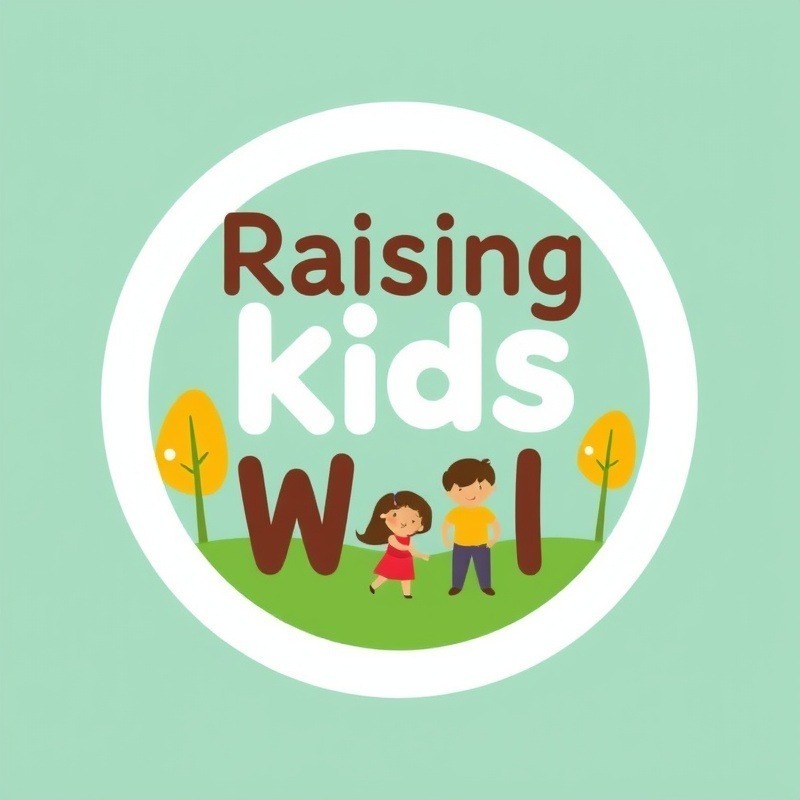
The Power of Special Interests in Autistic Children
Understanding and supporting special interests in autistic children can transform parents' approaches to empowering their children. These focused passions, often intensely developed, not only represent a child’s identity but also serve as tools for enhancing their learning, emotional regulation, and social skills. As parents, embracing these interests celebrates individuality and fosters a nurturing environment where children can thrive.
Why Special Interests Matter
Special interests can greatly reduce anxiety and provide comfort in a world that can often feel overwhelming for autistic children. Notably, according to They Are The Future, these interests can enhance motivation, leading to improvements in social skills and self-esteem. Like George, a child fascinated by maps, these focused passions become gateways to connection with family and peers, allowing for a sense of belonging and achievement in shared activities.
Embracing Interests While Setting Boundaries
While it's important to encourage a child’s special interests, it’s equally vital to set healthy boundaries. This balance prevents overindulgence and ensures that other essential areas of development are addressed. For instance, if a child is passionate about dinosaurs, arranging outings to museums can enhance social engagement while setting limits on gaming time maintains a well-rounded daily routine.
Integrating Special Interests into Education
Special interests can be a significant asset in educational contexts. By incorporating these captivating elements into lesson plans, educators can elevate a child's engagement and learning outcomes immensely. For example, a child interested in superheroes can learn math through superhero-themed problems or science through experiments that relate to their favorite characters. This customized approach not only aids in comprehension but also cultivates a sense of ownership over their learning.
Innovative Strategies to Utilize Special Interests
Creative techniques can make the most of a child's special interests, aligning educational tools with their passions. As highlighted in a PBS article, parents can employ strategies like Power Cards—using a superhero loved by a child to convey important messages during discussions about staying safe or managing emotions. These relatable tools create connections between learning and daily life, making lessons resonate more deeply.
A Future Fueled by Passion
Recognizing and nurturing special interests in autistic children can lead to enriching opportunities for personal and professional growth. As noted by Dr. Temple Grandin, focusing on what a child can do rather than the limitations can harness these passions into potential career paths. Now more than ever, parents have the ability to turn their child’s focused interests into strengths that may very well shape their futures.
Conclusion: Empower Your Child's Journey
By understanding and respecting the unique interests of autistic children, parents set the stage for incredible personal growth. As you encourage these passions, consider how they can enhance routines, boost confidence, and create memorable family experiences. Don’t hesitate to reach out for professional guidance tailored to your child’s unique needs—whether through pediatric occupational therapy or resources available locally. Embrace this journey together, for your child’s special interests are not mere quirks; they are pathways to understanding, connection, and success.
 Add Row
Add Row  Add
Add 



Write A Comment